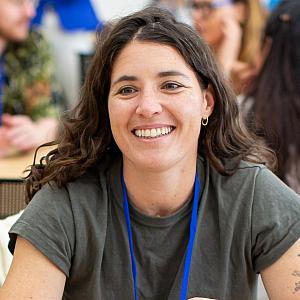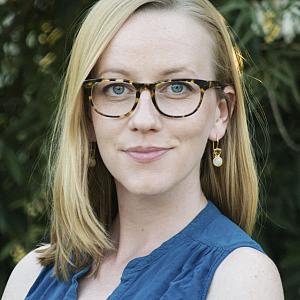Extreme Heat: A Rising Public Health Threat
It’s heat-dome summer, as high pressure and hot air park over themselves over large swaths of the country. As the planet warms, extreme heat waves are getting hotter, longer and more frequent. The human toll is growing as well: Heat deaths are up 117% over the past two decades, according to one study, with steady annual increases since 2016. The true toll is likely far higher. Long periods of unrelenting summer heat pose particular dangers for workers, the elderly and people experiencing homelessness. Heat can also lead to stroke, heart problems and even accelerate the rate of aging. There are a host of effective steps governments can take to lower the health risks of extreme heat, such as requiring water, shade and rest breaks, but the federal government has not yet mandated such steps and some states have blocked local measures. In this webinar, we’ll examine growing health threats and discuss what kinds of regulations and policies can help. We’ll look at how one sweltering region of the Southwest is taking innovative steps to combat extreme heat and prevent deaths, and what lessons can be drawn from those experiments. Journalists will leave with a host of new ideas for reporting angles and stories, and a firmer understanding of the policy and regulatory approaches that can offset heat’s worst effects.
This webinar is free and made possible by The California Endowment.
Panelists

Alejandra Borunda reports on climate change and human health for National Public Radio. She covers a wide range of issues, from how climate-worsened disasters impact people's health to how diseases like dengue fever are spreading in new ways because of climate change. Before NPR, she worked at National Geographic, where she reported on climate and environment issues from across the United States, Greenland and Mexico. She has a Ph.D. in earth and environmental sciences from Columbia University, where she was a Ford Foundation Dissertation Fellow awardee. She is a 2025 Poynter Fellow, as well as a 2025 National Fellow at the USC Center for Health Journalism; her project will examine climate change's toll and how it’s killing people, at a time when official estimates undercount those deaths by huge margins.

Katherine Davis-Young is a senior field correspondent for Phoenix's NPR affiliate station, KJZZ News. She covers a variety of issues, including public health and climate change. She holds a master’s degree in radio journalism from the USC Annenberg School of Journalism. She has produced work for NPR, New England Public Radio, Southern California Public Radio, The World, Washington Post, Reuters and more.

David Michaels, Ph.D., MPH, is an epidemiologist and professor at the George Washington University Milken Institute School of Public Health. He served as U.S. Assistant Secretary of Labor for Occupational Safety and Health from 2009 to January 2017, making him the longest serving administrator in OSHA’s history. Previously, Dr. Michaels served as U.S. Assistant Secretary of Energy for Environment, Safety, and Health, charged with protecting the workers, community, and environment around the nation’s nuclear weapons facilities. Much of Michaels’ research focuses on protecting the integrity of the science underpinning public health, safety, and environmental protections. On this topic, he is the author of “The Triumph of Doubt: Dark Money and the Science of Deception” (2020) and “Doubt is Their Product: How Industry's Assault on Science Threatens Your Health” (2008).
Suggested reading
“America Is Failing to Protect Workers From Extreme Heat,” by David Michaels, The Atlantic
“New measures are being taken to reduce heat-related deaths in Phoenix,” by Katherine Davis-Young, NPR’s All Things Considered/KJZZ
“In Phoenix, heat-related deaths are declining even in record-high temperatures,” by Katherine Davis-Young, NPR’s Weekend Edition/KJZZ
“Phoenix boosts spending on heat relief as weather-related casualties skyrocket,” by Katherine Davis-Young, NPR’s All Things Considered/KJZZ
“Phoenix heat isn't ceasing at night, either,” by Katherine Davis-Young, NPR’s All Things Considered/KJZZ
“How Do You Escape a Heat Wave When You Have Nowhere to Go?” By Keerti Gopal, Inside Climate News
“Heat can age you as much as smoking, a new study finds,” by Alejandra Borunda, NPR’s Morning Edition
“As deaths increase, how climate change is making heat more dangerous,” by Alejandra Borunda, NPR
“Scientists get closer to finding out just how hot is too hot for humans to live,” by Alejandra Borunda, NPR
“What Makes Heat So Hard to Cover?” By Meg Bernhard, CJR
“Preventing Heat-Related Illness among Outdoor Workers — Opportunities for Clinicians and Policymakers,” by Rosemary K. Sokas, M.D., M.O.H., and Emily Senay, M.D., M.P.H., The New England Journal of Medicine (2023)
“Workers Exposed to Extreme Heat Have Few Protections,” by Noah Weiland, The New York Times
